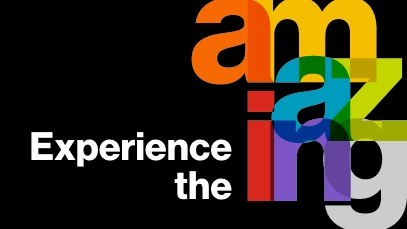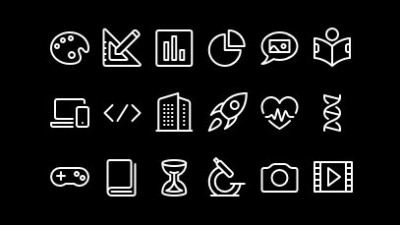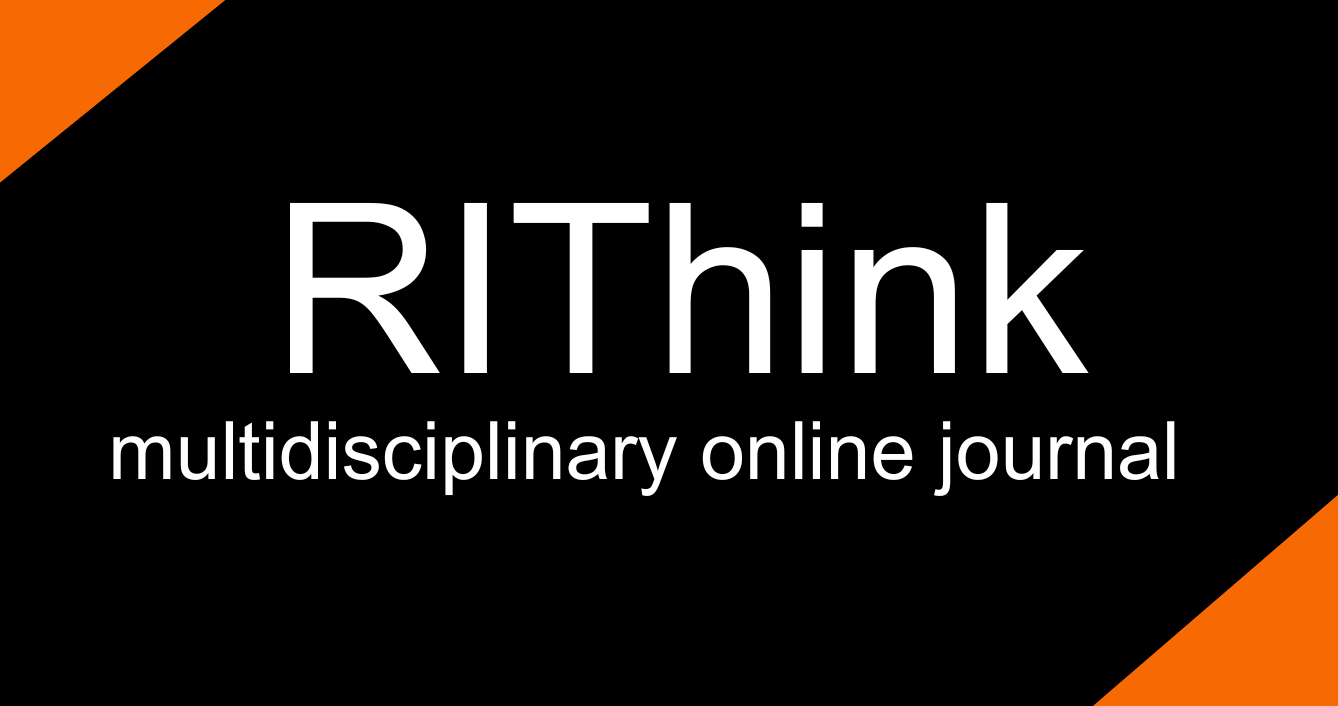Information Technology and Analytics MS

Information Technology and Analytics MS
- RIT/
- RIT Croatia/
- Programs/
- Information Technology and Analytics MS
While change is constant, there’s nothing more certain than an investment in your biggest asset—YOU. As part of RIT Croatia's life-long learning initiatives, we are facilitating the opportunity for students to earn a Master of Science degree in Information Technology and Analytics, from one of the largest private American universities, Rochester Institute of Technology (Rochester, NY), at RIT Croatia's Zagreb campus.
Overview
In this information science master's degree, offered by RIT, dive deeper into the study of how information is understood and applied as you work to solve the unexplored problems that are challenging the computing industry.
Explore how information is understood and applied in the modern computing industry. Merge theory and practice in a career-focused program! With technology expanding along new paths every day, companies need professionals that can facilitate the movement of information between those paths. They need leaders that have an area of expertise, and can also see the big picture; people who can understand and apply trending tech to ultimately help the end user. As the users' advocate, IT professionals also need the critical thinking skills to problem-solve in a wide variety of computing situations, combined with an understanding of the needs of their audience. Merge theory and practice in a career-focused program!
Master of Science in Information Technology and Analytics program, delivered by Rochester Institute of Technology, is designed to produce those kinds of people. Students learn about data analytics on a global and enterprise scale. Theory and practice are merged into real-world problem-solving exercises, challenging students to integrate web systems, databases, analytics, and more.
The program addresses the web systems and integration technologies, and the information management and database technology pillars, of the IT academic discipline, along with the additional option of discovery informatics.
Master's Degree Specifics
- 18 months
- 10 courses, including major capstone project /thesis
- Blended curriculum (onsite and online)
- Onsite classes take place in the afternoon hours (5:00 PM) – adjusted to working professionals
- 30 credit hours earned towards the degree
- American diploma – Master of Science in Information Technology and Analytics, awarded by Rochester Institute of Technology
- up to 2 courses will be delivered fully online
Careers and Cooperative Education
Typical Job Titles
| Data Scientist | Senior Business Intelligence Analyst |
| Digital Insights Lead Architect | Enterprise Service Health Engineer |
| Finance Data Scientist | Data / ETL Architect |
| Data Scientist/Analyst | Marketing Analytics Data Scientist |
| Data Science Engineer |
Upon completion of their studies, students obtain an internationally recognized American degree – a Master of Science in Information Technology and Analytics – awarded by Rochester Institute of Technology. Its reputation as one of the world’s top universities has been acknowledged by many leading college guides, industry, and internationally respected publications. Read more about RIT's rankings.
Curriculum
Information Technology and Analytics MS
| Course | Sem. Cr. Hrs. | |
|---|---|---|
| ISTE 600 |
Analytical Thinking
There is mounting evidence of a need to improve the ability of individuals and groups to think thoughtfully and analytically in order to develop appropriate and useful solutions to complex problems. Sources of complexity include human cognitive limitations, uncertainty, system dynamics, and reasoning errors. This course will provide students with frameworks, techniques, methods, and tools to improve analytical and critical thinking and presentation skills. Students will work individually and in groups on assignments and case study analyses.
|
3 |
| ISTE 605 |
Scholarship in IST
IST graduate students are expected to make a scholarly contribution as a requirement for the MS degree. The Scholarship in Information Sciences and Technologies course provides students with the fundamental skills needed to define and conduct a program of scholarly investigation in the form of a capstone or thesis project. The course focuses on skills such as academic writing, searching the literature, identifying and articulating interesting and important topics and problems, scholarship ethics, developing capstone proposals, critical thinking, and effective oral and written communication and presentation of scholarship.
|
3 |
| ISTE 610 |
Non Relational Data Management
This course provides students with exposure to foundational information sciences and technologies. Topics include an overview of data types, structuring and processing data and knowledge, data transformation, and data storage and warehousing. Students will work with non-traditional (noSQL) data stores to manage large datasets in the context of specific problem scenarios.
|
3 |
| ISTE 612 |
Information Retrieval and Text Mining
This is the second course in a two-course sequence that provides students with exposure to foundational information sciences and technologies. Topics include internet middleware technologies, data and text analytics, and information visualization. Note: One year of programming in an object-oriented language, a database theory course, a course in Web development, and a statistics course is needed.
|
3 |
| ISTE 782 |
Visual Analytics
This course introduces students to Visual Analytics, or the science of analytical reasoning facilitated by interactive visual interfaces. Course lectures, reading assignments, and practical lab experiences will cover a mix of theoretical and technical Visual Analytics topics. Topics include analytical reasoning, human cognition and perception of visual information, visual representation and interaction technologies, data representation and transformation, production, presentation, and dissemination of analytic process results, and Visual Analytic case studies and applications. Furthermore, students will learn relevant Visual Analytics research trends such as Space, Time, and Multivariate Analytics and Extreme Scale Visual Analytics.
|
3 |
| ISTE 780 |
Data-driven Knowledge Discovery
Rapidly expanding collections of data from all areas of society are becoming available in digital form. Computer-based methods are available to facilitate discovering new information and knowledge that is embedded in these collections of data. This course provides students with an introduction to the use of these data analytic methods, with a focus on statistical learning models, within the context of the data-driven knowledge discovery process. Topics include motivations for data-driven discovery, sources of discoverable knowledge (e.g., data, text, the web, maps), data selection and retrieval, data transformation, computer-based methods for data-driven discovery, and interpretation of results. Emphasis is placed on the application of knowledge discovery methods to specific domains.
|
3 |
| ISTE 764 |
Project Management
Information technology projects require the application of sound project management principles in order to be developed on time, on budget, and on specification. This course takes students through the nine knowledge areas of modern project management and the utilization of project management principles in both traditional and agile environments.
|
3 |
| ISTE 724 |
Data Warehousing
This course covers the purpose, scope, capabilities, and processes used in data warehousing technologies for the management and analysis of data. Students will be introduced to the theory of data warehousing, dimensional data modeling, the extract/transform/load process, warehouse implementation, dimensional data analysis, and summary data management. The basics of data mining and importance of data security will also be discussed. Hands-on exercises include implementing a data warehouse.
|
3 |
| ISTE 740 |
Geographic Information Science and Technology
This course provides a survey of the theory, concepts, and technologies related to representation and understanding of the earth - a scientific domain known as Geographic Information Science and Technology (GIS & T). Students will gain hands-on experience with technologies such as Global Positioning Systems (GPSs), Geographic Information Systems (GISs), remote sensing, Virtual Globes (Google Earth), and web mapping mashups. Furthermore, students will learn relevant GIS & T theory, concepts, and research trends such as spatial reasoning, spatiotemporal data representation, and spatial analysis.
|
3 |
Admission Requirements
To be considered for admission to the RIT's MS program in Information Technology and Analytics, candidates must fulfill the requirements stated by the Graduate Admission process.
Additional Admission Information for ITA, MS program
Prerequisites
It is expected that prospective students will have a background in fundamental information technology concepts including object-oriented programming, website development, database theory and practice, and statistics. Students without the necessary background should complete the prerequisites before applying to the program. However, bridge courses are available to satisfy the prerequisites.
Bridge program
Students whose undergraduate preparation or employment experience does not satisfy the prerequisites can make up these deficiencies by completing prerequisite bridge courses as prescribed by the Admissions Office and Program Coordinator. The bridge courses are not part of the 30 semester credit hours required for the master’s degree. Grades for bridge courses are not included in a student’s GPA. Since bridge programs can be designed in a variety of ways, the Program Coordinator will assist students in planning and course selection.
Maximum time limit
University policy requires that graduate programs be completed within seven years of the student's initial registration for courses in the program. Bridge courses are excluded.
For additional information about MS program please contact our Graduate Admissions Office:
T. + 385 (0)1 643 9100
E-mail: ms@croatia.rit.edu






